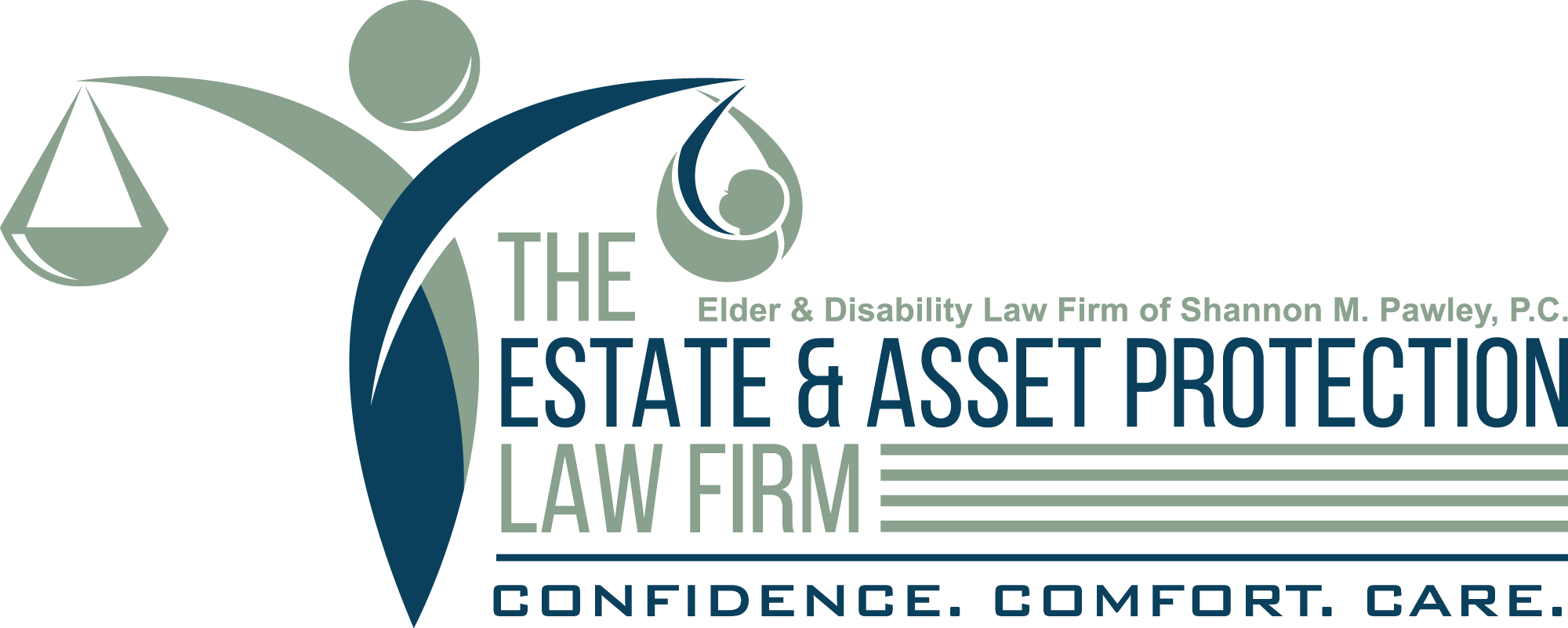Georgia Elder Care: An Alzheimer Or Dementia Diagnosis Requires Addressing Early, Moderate And Severe Treatment Instructions In Health Care Advance Directives

When it comes to Georgia elder care, Alzheimer’s can be hard to navigate.
Georgia elder care has many considerations when it comes to Alzheimer’s disease.
Have you or one you love been diagnosed with Alzheimer’s disease or a related dementia? If so, it’s impossible to know how the future will unfold.
Every individual is different. However, one of the most important actions to take is to consider how you want your health care treatment to be handled while you still have clarity of mind.
Dementia has different stages: early, moderate, and severe.
Over time, the symptoms of Alzheimer’s and other dementias make it difficult to think clearly. Planning as early as possible enables you to make decisions and communicate those decisions to the right people.
When we discuss Georgia elder care, advanced directives often come up in conversation.
Advance directives are legal documents that outline your preferences and apply only if you are unable to make decisions.
For health care planning, they communicate your wishes ahead of time. Doctors and other providers follow these directives for your medical treatment. There are two main documents that are part of an advance directive: A medical directive informs doctors how you want to be treated if you are dying or permanently unconscious and cannot make your own decisions about emergency treatment. A durable power of attorney for health care names someone as a “proxy” to make medical decisions for you when you are not able.
Medical decisions to consider when considering Georgia elder care and planning your future health care include:
- A do not intubate (DNI) order, which lets medical staff in a hospital or nursing facility know that you do not want to be put on a breathing machine.
- A do not resuscitate (DNR) order, tells health care professionals not to perform CPR (cardiopulmonary resuscitation) or other life-support procedures in case the heart or breathing stops.
- Other types of medical orders, which inform health care professionals about your preferences for life-sustaining and life-supporting treatment measures during a medical emergency. These have various names but are commonly called POLST (Physician Orders for Life-Sustaining Treatment) or MOLST (Medical Orders for Life-Sustaining Treatment) forms.
- Organ and tissue donation, which allows healthy organs or other body parts from a person who has died to be transplanted into people who need them.
- Brain donation for scientific research, which helps researchers better understand how Alzheimer’s and related dementias affect the brain and how they might be better treated and prevented.
If advance directives are not in place and a patient can no longer speak for him or herself, someone else will need to make medical decisions on their behalf. Talk to your family, friends, and health care providers about what types of care you would want. It can also be helpful to talk with your doctor about common problems associated with your condition.
For example, in the later stages of Alzheimer’s disease, people may have trouble swallowing, which can bring food or liquid into the lungs and cause pneumonia. Doctors may recommend a feeding tube connected from the nose to the stomach for nutrition, a ventilator to help with breathing, and antibiotics to fight the lung infection to help with recovery. However, you or your loved one may choose to focus on comfort rather than recovery.
If you already have an Advance Directive that was created prior to receiving a dementia or Alzheimer’s diagnosis and would like to reassess your instructions, give my office a call at 404-370-0696.
Looking to find an experienced estate lawyer in the Georgia area who is skilled in asset protection and estate plan preparation? Shannon Pawley is an attorney in Georgia with expertise in estate planning and asset protection. Shannon can provide assistance with creating an estate plan to include making a will and how to establish a trust properly. If you have questions about asset protection or questions about making an estate plan, reach out to Shannon and she will be glad to help answer all the estate planning questions you might have!







